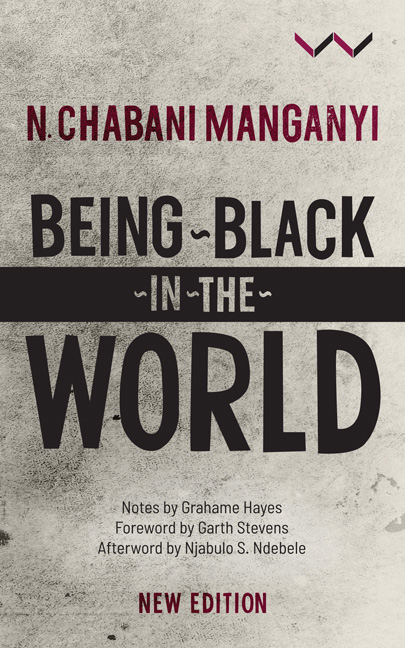1 - Who Are the Urban Africans?
Published online by Cambridge University Press: 25 October 2019
Summary
The problem of effective communication in commerce and industry is not unique to the South African situation. Even in countries with fairly homogenous populations and long histories of industrialisation and urbanisation, this problem continues to constitute a thorny issue for industrial psychologists and communication specialists. This fact in itself is a very clear index of the complexity of the problem.
In the case of South Africa, the complexity of the communication process is compounded by our singular history and the existence of an intricate politico-economic structure. This problem cannot but be complex, since South Africa's economy must continue to move in the direction of economic integration (multiracialism) while politically moving more in the direction of multinationalism (separate development). This unhappy marriage between the economy and political or ideological demands is leading to a surfacing of a developing debate. The local press has carried a number of articles relating to whether Africans should become members of organised labour (trade unions) or not. This debate appears to be related to a growing fear of possible future labour unrest. This concern about the adequate representation of African workers was highlighted by an observation attributed to Grobbelaar (1972), who said that about 30 000 Africans had been involved in illegal strikes between 1959 and 1969. The reasons for the increase in the number of illegal strikes are possibly highly complicated. One thing stands out very clearly and it is that this is a very serious indictment of commerce and industry. Here we have the most dramatic expression of a communication problem par excellence.
This essay is an attempt to deal with some aspects of the socio-economic processes of industrialisation and urbanisation as these have affected the African population. This treatment is bound to be sketchy, since particular attention is to be directed at the possible factors which tend to militate against effective communication and to suggest those factors which I consider to promise better organisational hygiene.
Another way of posing the question of the identity of the urban Africans is to ask: Who are the Africans now living in South Africa's urban and industrialised areas? This way of asking the question is for the simple reason that the first question tends to generate more heat than light.
- Type
- Chapter
- Information
- Being Black in the World , pp. 8 - 19Publisher: Wits University PressPrint publication year: 2019



